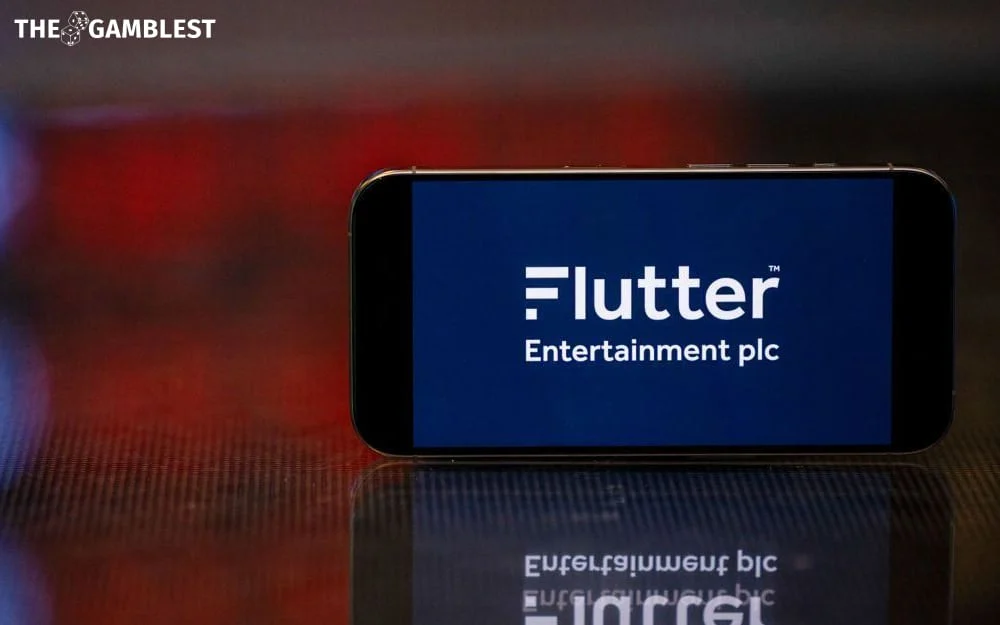Flutter Entertainment is reportedly considering a bid for Italy’s primary lottery license, a highly valuable contract worth around €4.3 billion.
The Italian Agency for Customs and Monopolies (ADM) has opened bidding for a nine-year lottery license, requiring a minimum bid of €1 billion. Managed by International Game Technology (IGT) for 30 years, the license will expire in November 2025.
Flutter Entertainment is reportedly evaluating a bid, potentially in partnership or consortium, to share the financial commitment. CEO Peter Jackson previously expressed interest, emphasizing the opportunity’s economic potential.
The bid deadline is 17 March, leaving limited time for bidders to finalize plans. Flutter’s interest aligns with its strategy to leverage cross-selling opportunities, integrating lottery customers into its gaming and sports betting platforms, supported by its €1.9 billion Sisal acquisition in 2022.
This approach supports Flutter’s broader business model in Italy, where direct online gambling advertising is currently banned. However, cross-promotion through lottery ticket scanning provides a compliant and effective marketing channel. While advertising restrictions remain, potential regulatory changes could open new opportunities for promoting online gambling.
The Italian lottery market is fiercely competitive, with IGT, the current operator, expected to bid to retain the license. The new nine-year contract will reportedly offer a 9% commission on turnover, up from the current 6%. In 2023, ticket sales for the main lottery totaled €8 billion, showcasing the license’s profitability.
Flutter has made significant investments in Italy, acquiring Sisal in 2022 and announcing a £2.3 billion deal in 2024 to purchase Snaitech, the country’s third-largest online gambling operator. Once finalized, the acquisition will give Flutter a combined 30% market share in online betting in Italy. These moves align with Flutter’s growth strategy of expanding its global presence. While the company has heavily focused on US operations through FanDuel, it continues targeting growth markets like Italy and Brazil. The recent acquisition of a majority stake in Brazil’s NSX Group underscores this commitment to geographic diversification.
Flutter’s strategy for bidding on the Italian lottery license remains unclear. Analysts suggest a partnership model could reduce upfront capital requirements, spreading risk and allowing Flutter to integrate the license with its broader gaming operations. Additionally, the steady cash flow from a lottery contract could attract partners, making a joint bid an appealing option.



